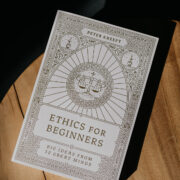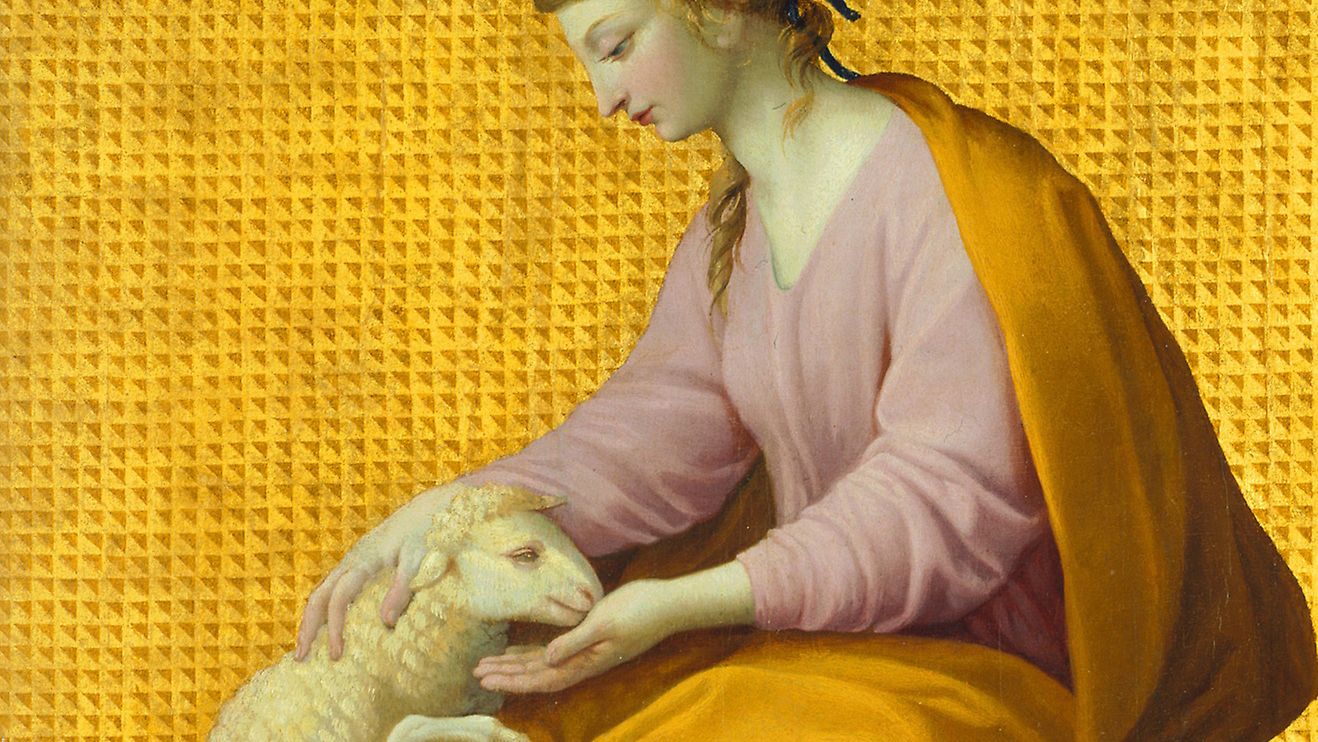“Smugness is the Great Catholic Sin,” wrote Flannery O’Connor. Unfortunately, she was quite right. All too often, Catholics are notorious for their overeager assertion of dogmatic superiority in the face of religious disagreement, as well as their dismissive attitude toward other faith traditions. It is a tragic fault often witnessed and (I am the first to admit) easily committed.
While humility ought to correlate with religious zeal, Catholic smugness seems most common in those who take their faith seriously. This is to some degree understandable, since people are only arrogant about things they identify themselves with. But I think the phenomenon usually goes far deeper, the product of an ethical and philosophical problem unique to believing Catholics: how to maintain both intellectual humility and faith in infallible Church teaching.
The Catholic Church classifies humility as a virtue that is “necessary for salvation.” Yet the Church also teaches that Catholics have privileged access to the truth by means of official doctrine, the accuracy of which is guaranteed by the Holy Spirit. Making heads or tails of this is tricky, especially when it comes to intellectual matters on which the Church has spoken. Why is it reasonable for Catholics to be “meek and humble of heart” in religious debates when we are supposed to know we are right? If what we believe is true—and Catholics ought not doubt it—would it not be more virtuous to proclaim the truth as stridently as possible?
One obvious rejoinder is that arrogance scandalizes nonbelievers and turns potential converts away from the faith. No doubt, it is partially for that reason that Christ commands his followers to “sit in the lowest place” (Luke 14:10). But is the basis for intellectual humility merely pragmatic—a kind of enlightened public relations for the benefit of outsiders? Or does a more fundamental grounding exist, one that would require Catholics to be humble in faith even if the whole world were already converted? For an answer, we should turn to the twentieth-century Catholic historian John Lukacs.
Hungarian-born Lukacs, who immigrated to the United States in 1946 and died only three years ago after a long teaching career, is best known for his study of World War II and its key figures, particularly Adolf Hilter. But he was also a keen philosopher and epistemologist. Outside history, one of his most significant contributions is his criticism of the modern West’s “separation of the knower from the known.”
Without understanding, our knowledge is no good to us.
According to Lukacs, modern Western thinkers, influenced by the Enlightenment, conceptualize knowledge as either coldly objective (scientific, impersonal, and less inclined to error) or subjective (“tainted” by the knower’s relationship to the known and therefore untrustworthy). Lukacs rejects this dichotomy, and in the essay “Putting Man Before Descartes,” he denies that an “antiseptic” objectivity is an aid to understanding.
On the contrary, Lukacs insists that “the involvement of the knower with the known” is valuable, because true knowledge is relational, and more than that, “participant.” In doing so, he hearkens to a key Christian insight: Truth is not just a value but a Person. The implication of Lukacs’ thought is that we cannot fully grasp any truth unless we are in a proper relationship with Jesus Christ and participate in his grace.
Of course, John Lukacs does not argue that only holy men and women can know fact from fiction or that a saintly illiterate would know more about the solar system, for example, than a sinful scientist. There is a type of knowledge, what he calls “accuracy,” that is seemingly independent of holiness. But, Lukacs argues, the ultimate “purpose of human knowledge . . . is not accuracy, or even certainty; it is understanding.”
Without understanding, our knowledge is no good to us. We might be able to rehearse arguments with technical correctness, but the meaning of those arguments—even the meaning of the terms that constitute them—will not touch our hearts. It is through understanding that the Holy Spirit pours grace into our lives and inspires us to become more like Christ.
Nor can understanding be achieved without intellectual virtue. In Lukacs’ words, understanding depends “on the how, on the very quality of . . . participation [in Truth], on the approach of . . . mind, including at least a modicum of understanding of . . . self.” “Understanding of self,” of course, is the exact definition of humility supplied by the saints—the recognition that anything and everything a person appears to possess is only his contingently, dependent on God’s favor.

Unless a person approaches knowledge with that perspective, he or she is incapable of truly understanding anything, and that includes religious dogma. Consequently, intellectual pride is no less dangerous to Catholics than it is to anyone else. The Catechism confirms this when it states that human minds “can understand what God tells us . . . only in a spirit of humility and respect before the Creator” (299).
What Lukacs calls “involvement” between the knower and the known is the lynchpin of the argument for intellectual humility among Catholics. It reveals that the “smugness” derided by O’Connor poses not only a great moral danger to its practitioners but an intellectual one as well, for it prevents them from fully comprehending the truths they so boldly espouse.
Catholics need not become relativists to “take the lower seat.” We can—and must—believe that we are privileged in our access to infallible teaching, the fullness of the truth. But, as John Lukacs reminds us, accuracy without understanding is worthless to the knower. And understanding is impossible without humility.
Those who proclaim the Catholic faith in arrogance may be able to say the right things, but that does not mean they see clearly. On the contrary, they are like the scribes and Pharisees in Matthew’s Gospel, who “sit on Moses’s seat” and correctly parrot his words, but who are nevertheless blind to the One to whom they point.
